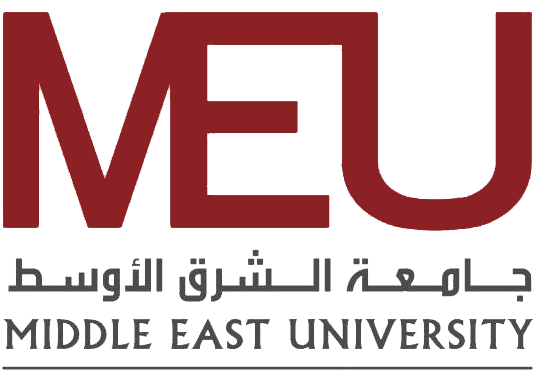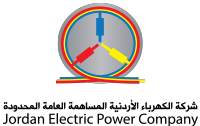Digital Twin Software to Control Part of Jordanian Electrical Networks Considering the Cyber-Security Aspectt
This project tackles two of the SDGs, which are energy decarbonisation and digital revolution for sustainable development. The key players to decarbonise the energy sector are integrating renewable energy sources and electrifying heat and transport—these goals require digitalization of the electrical grid and transform it into a smart one. On the other hand, the smart grid's advanced communication technologies could introduce new vulnerabilities and increase cyber threat exposure. The challenge in this smart grid is to manage a large system with many components securely.
Cyber-attacks might lead to equipment failure, blackouts, customer privacy breach, and endangered operating personnel safety. According to a recently published report from the Centre for Economics and Business Research (CEBR), cyber-attacks are costing UK firms £34 billion – split roughly 50-50 between revenue and intellectual property losses (£18bn) and subsequent increased IT spending (£16bn). In the Arab region, cybercrimes and security threats have become a new danger facing companies operating in the region, which threaten vital facilities such as energy and communications.
One of the goals of this project is to investigate cyber-physical security integrated with the real-time control and management system of a smart distribution network. The project also aims to develop a digital cyber-twin model which is a virtual model of the actual power network. The energy management system will enable the control of the network under both normal and attack conditions. Furthermore, the reliability of the communication system of the whole grid will be investigated. This project will consider a case study from the electrical distribution network in Jordan, and several mitigation scenarios will be developed and integrated into the modelled smart grid's control system. The developed digital model will realize the power system network and help the power distribution company to analyze and predict the power network under various operating conditions.















